Ever sit in algebra class and wonder, “who came up with this stuff?” Or sit in a doctor’s office and look at a poster of the circulatory system and think, “who was the first to figure that out”? The contributions of scientists from the Golden Age of the Islamic world aren’t irrelevant chapters in a world history textbook. They are evident in the everyday. Would we even have algebra class if Ibn Musa al-Khwarizmi didn’t teach it as a separate discipline from other forms of mathematics and publish all his proofs? Where would medicine be today without the contributions of Ibn al-Nafis, who wrote over 110 medical textbooks? But the scientific contributions of Muslims didn’t end in the 13th century. Even now, scientists from the Muslim world are conducting, researching and making discoveries that may impact the world tomorrow as much as Ibn al-Nafis and al-Khwarizmi impact us today. This is just a short list of a few of them:
Mohammad Abdus Salam
In 1979, this Pakistani physicist won the Nobel Prize in Physics for his contribution to the electroweak unification theory. He was also awarded the Atoms Peace Award in 1968 for his nuclear research, and the Hughes Medal in 1964 for his contributions to quantum mechanics and the Theory of Fundamental Particles. He is often noted as the first Muslim scientist to win Nobel Prize, but this title is contested because of the controversy over his sect.
Ahmed Zewail
Just last year, the world lost an incredible scientist who is noteworthy for his accomplishments both inside and outside the lab. In 1999, for his studies on transition states of chemical reactions, he became the first Egyptian to receive a science Nobel Prize. Moreover, he pioneered the discipline of femtoscience, a material science on the femto scale. In 2009, Dr. Zewail was appointed to the President’s Council of Advisors on Science and Technology and named the First United States Science Envoy to the Middle East. During the 2011 Egyptian protests, he was an intermediary between the military regime and youth groups, trying to help smooth the transition of Egypt’s reform.
Aziz Sancar
Currently, he is a professor of Biochemistry and Biophysics at the University of North Carolina School of Medicine. In 2005, he became the first Turkish-American member of the National Academy of Sciences. He has received several other awards and honors, including a Nobel Prize in Chemistry in 2015 for his research on DNA repair.
Ibtesam Saeed Badhrees
In August 2014, she was named Woman of the Month by the American Physical Society, noted for her leading research in particle physics, as well as her contributions to the European Organization for Nuclear Research (CERN). She is the first Saudi Arabian woman to join the CERN, and the first Saudi female PhD holder to work in the National Center for Mathematics and Physics in KACST. It should be noted here that she possesses, not one, but two PhDs: particle physics and international relations.
Niveen Khashab
As a professor at the King Abdullah University of Science and Technology, the only female in the chemistry department, she conducts research on programmable nanomaterials. One of her designs for the synthesis of colloidosomes has potential applications as a medical treatment, particularly for cancer therapy. However, it is for her design for nanoparticles that improve early detection of diseases that this Lebanese chemist received a L’Oreal-UNESCO Award for Women in Science in 2017.
Dr. Habiba Alsafar
Although she is a professor in the biomedical engineering department at Khalifa University of Science, Technology & Research, this Emirati scientist is really noted for her contributions in genetics. Her research is focused on identifying the underlying genetic and environmental risk factors that contribute to the development of diabetes. She is the first in the Middle East to conduct genome-wide association studies on UAE Bedouin populations, trying to identify the gene responsible for the predisposition for diabetes in those of Arab descent. For her research on diabetes, she received the 2016 L’Oreal-UNESCO International Rising Talent Grant.
Dr. Hiba El Hajj
As a professor in the Internal Medicine department of the American University of Beirut, she studies molecular oncology and parasitology. Her oncology research focuses on developing targeted gene therapies to treat leukemias and her parasitology research focuses on designing vaccine or immuno-therapy treatments against parasitic infections. Within the next few years, we anticipate hearing her name a lot more as her research continues to gain attention in the scientific community. Just last year, she was the recipient of two awards: the L’Oreal-UNESCO International Rising Talent Grant and the Best Poster Award on the 22nd International Scientific Conference of the Lebanese Association for Advancement Sciences.


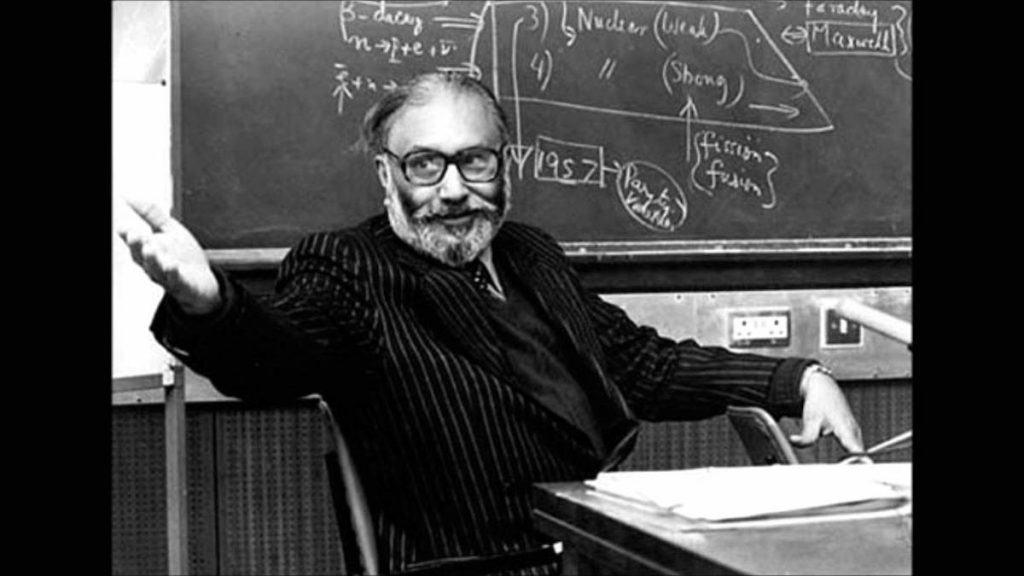
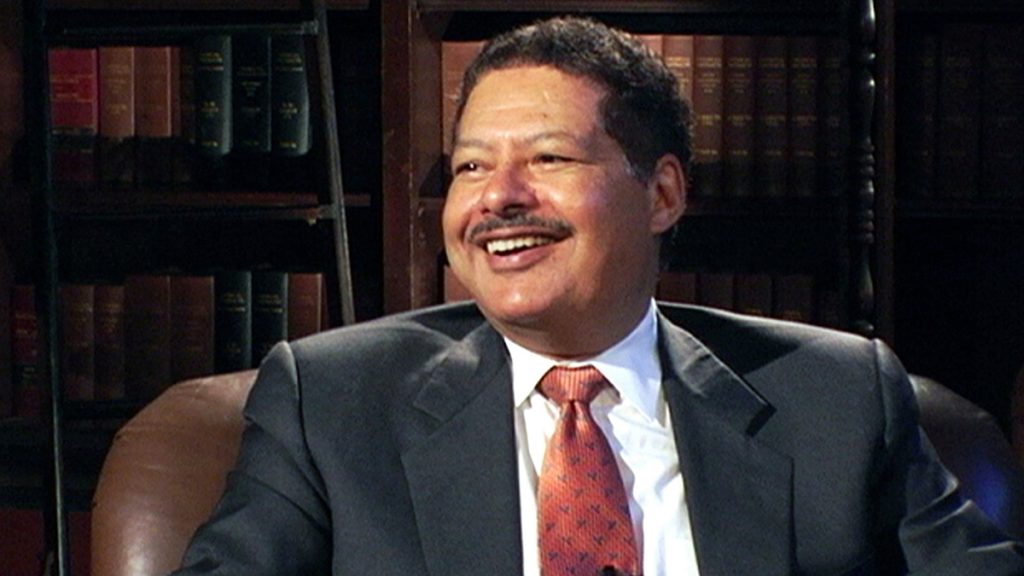
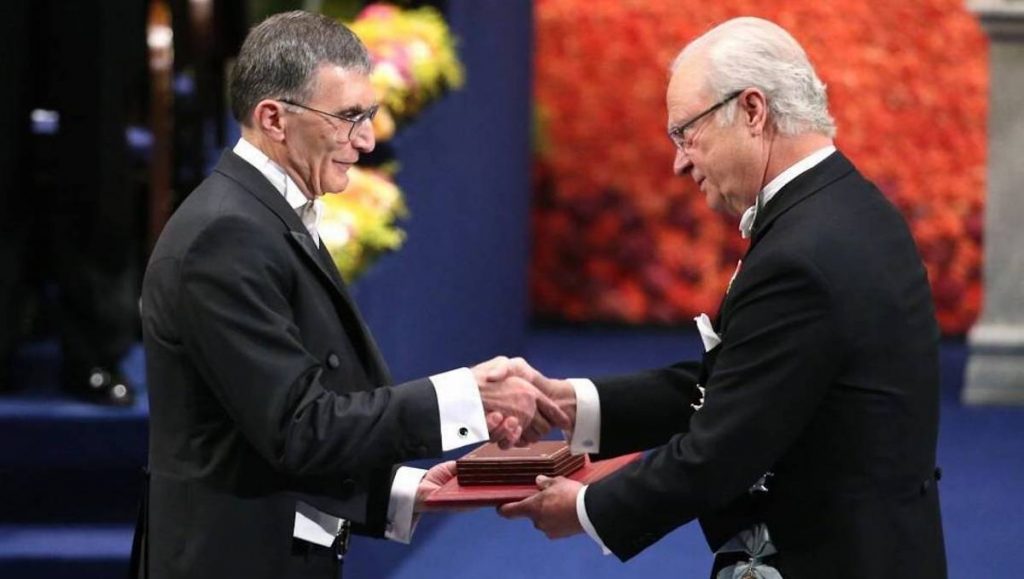
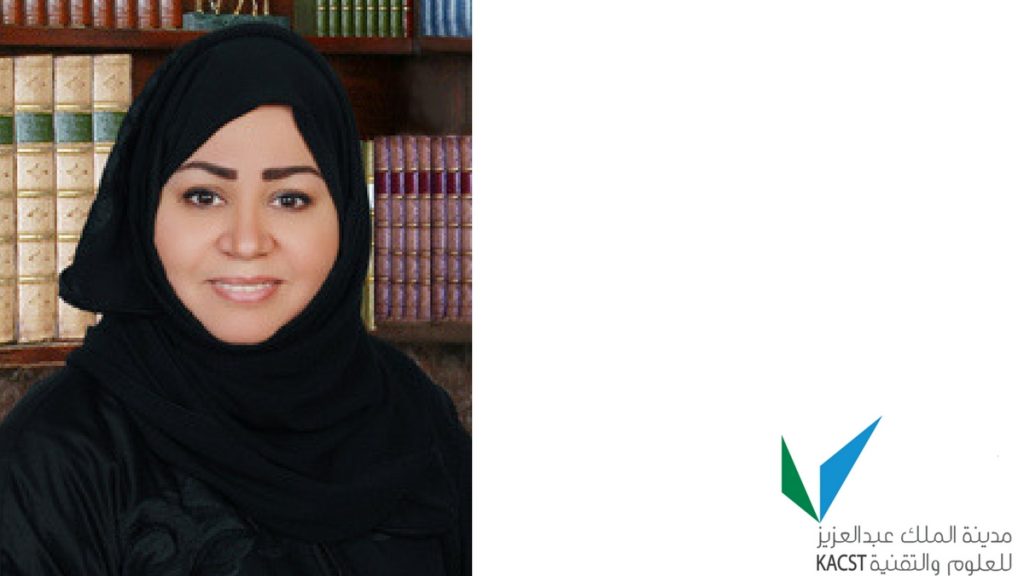
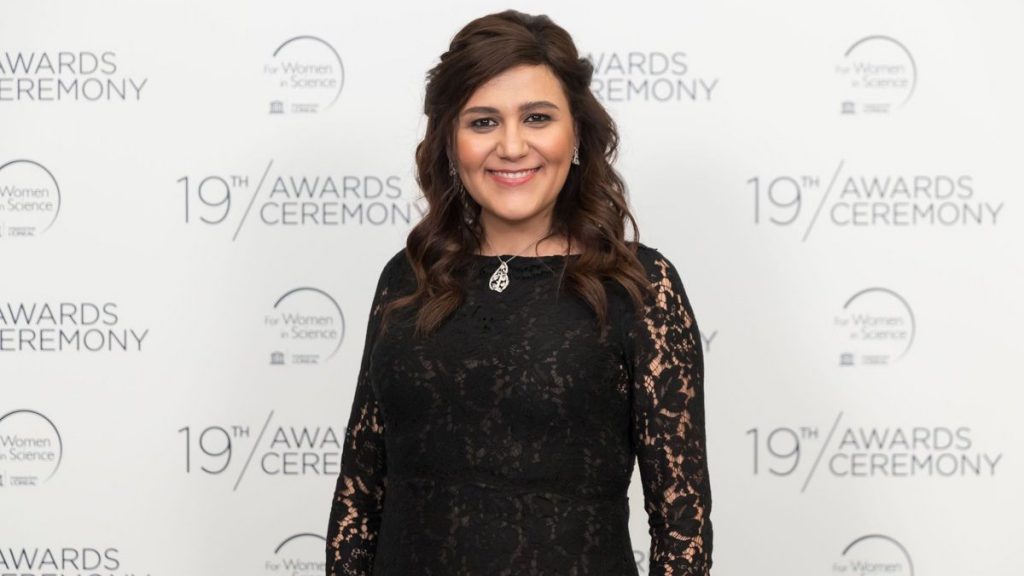

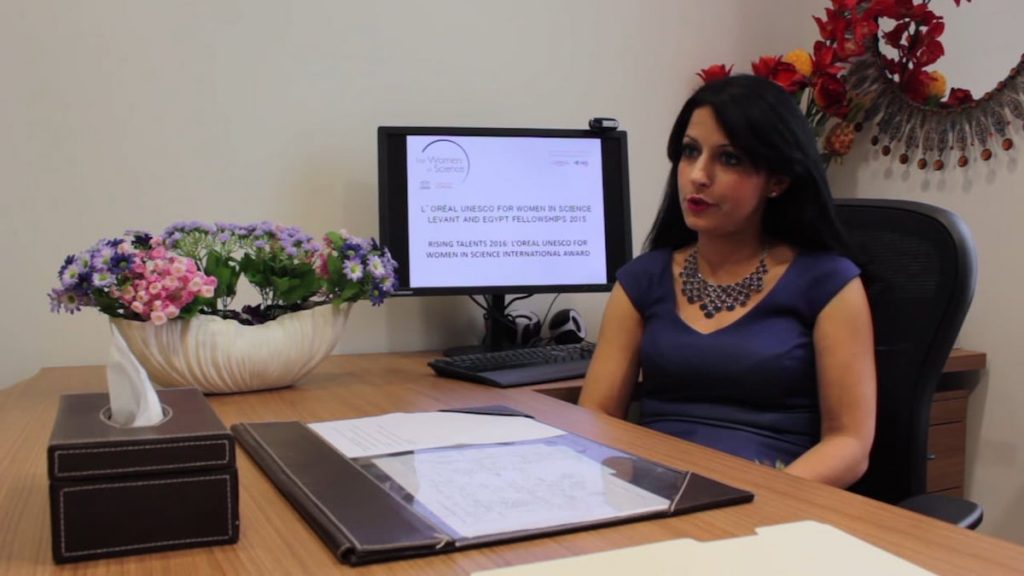


















Comments